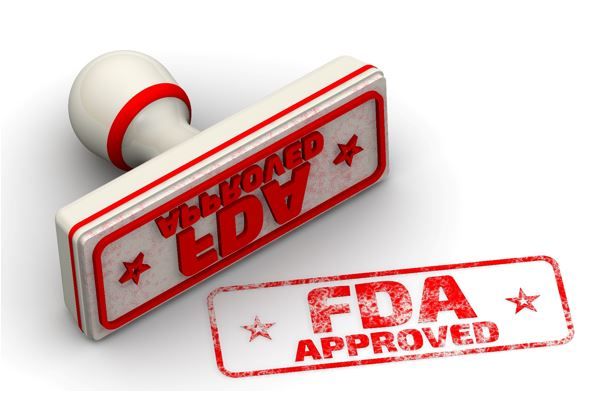- Clinical Technology
- Adult Immunization
- Hepatology
- Pediatric Immunization
- Screening
- Psychiatry
- Allergy
- Women's Health
- Cardiology
- Pediatrics
- Dermatology
- Endocrinology
- Pain Management
- Gastroenterology
- Infectious Disease
- Obesity Medicine
- Rheumatology
- Nephrology
- Neurology
- Pulmonology
FDA Approves Second COVID-19 Vaccine, Moderna's Spikevax
Acting FDA Commissioner Janet Woodcock, MD, hopes the approval will help motivate more Americans to get vaccinated.
Editorial update: As expected and in a unanimous decision, the Advisory Committee on Immunization Practices voted on February 4, 2022, to recommend the Moderna COVID-19 vaccine (Spikevax) 2-dose primary series for people aged ≥18 years. of age and older. The recommendation follows approval of the vaccine by the FDA on January 31, 2022.
The US Food and Drug Administration (FDA) on Monday awarded approval for the Moderna COVID-19 vaccine, to be marketed as Spikevax, for the prevention of COVID-19 in individuals aged ≥18 years, according to an FDA press release.
Spikevax is the second COVID-19 vaccine to be approved by the agency.
©waldenmaus/stock.adobe.com

The Moderna vaccine has been available under emergency use authorization (EUA) for adults aged ≥18 years Dec. 18, 2020. Spikevax is the same formulation as the vaccine granted EUA and is administered according to the same dosing regimen, ie, a primary series of 2 doses, one month apart, according to the FDA press statement. The statement also says that Spikevax and the EUA Moderna vaccine to provide the COVID-19 vaccination series.
“The FDA’s medical and scientific experts conducted a thorough evaluation of the scientific data and information included in the [Moderna] application pertaining to the safety, effectiveness, and manufacturing quality of Spikevax,” said Peter Marks, MD, PhD, director of the FDA’s Center for Biologics Evaluation and Research, in the statement. “This includes the agency’s independent verification of analyses submitted by the company, our own analyses of the data, along with a detailed assessment of the manufacturing processes, test methods and manufacturing facilities.
“Safe and effective vaccines are our best defense against the COVID-19 pandemic, including currently circulating variants. The public can be assured that this vaccine was approved in keeping with the FDA’s rigorous scientific standards.”
Acting FDA Commissioner Janet Woodcock, MD, adds in the release, “While hundreds of millions of doses of Moderna COVID-19 Vaccine have been administered to individuals under emergency use authorization, we understand that for some individuals, FDA approval of this vaccine may instill additional confidence in making the decision to get vaccinated.”
The FDA said the approval was based on follow-up clinical trial data collected before the Omicron variant surge that showed the vaccine was 93% effective in preventing COVID-19 and 98% effective in preventing severe disease.
After conducting its own analysis, according to the statement, FDA said it found that benefit of the Moderna vaccine outweighed the risk for myocarditis or pericariditis, reports of which increased among recipients and most notably within 7 days after the second dose. The highest risk is among men aged 18 to 24 years, the agency said.
“Available data from short-term follow-up suggest that most individuals have had resolution of symptoms,” the agency said. “However, some individuals required intensive care support. Information is not yet available about potential long-term health outcomes.”
FDA is requiring that Moderna conduct postmarketing studies to continue assessment of the risks of the 2 inflammatory conditions. Alhtough not required by the FDA, the company has committed to other postmarketing safety studies including a pregnancy registry to evaluate pregnancy and neonatal outcomes after maternal vaccination during pregnancy.
In a separate statement, Moderna CEO Stéphane Bancel lauded the vaccine’s safety and efficacy against severe and deadly infection.
"Our COVID-19 vaccine has been administered to hundreds of millions of people around the world, protecting people from COVID-19 infection, hospitalization and death. The totality of real-world data and the full BLA for Spikevax in the United States reaffirms the importance of vaccination against this virus.”
The FDA approved the Pfizer COVID-19 vaccine, Comirnaty, in August.
